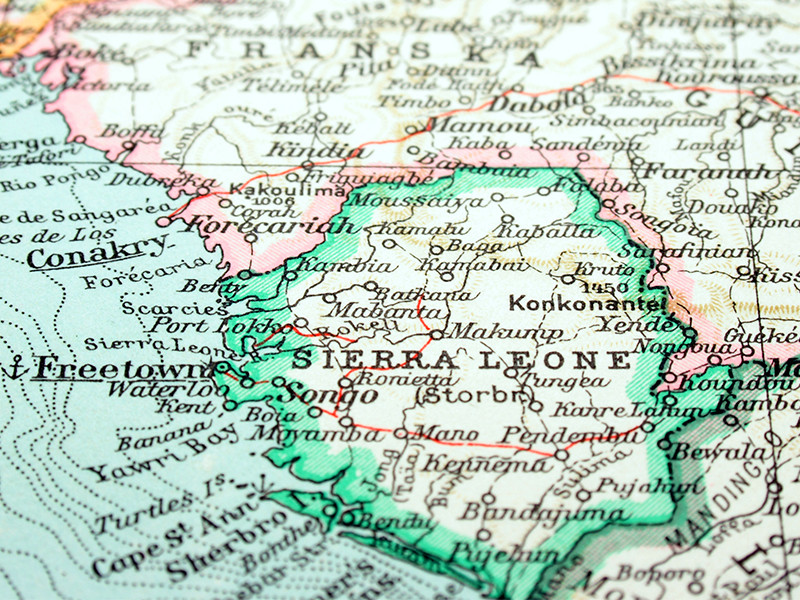
Indigenous Cultures and Christian Conversion in Ghana and Sierra Leone, 1700–1850

Early Colonial and Missionary Records from West Africa
Upon making Enquiry into the State of the Churches within my District, I found that the Members were much disturbed, and in a very unsettled State, insomuch that some of them had Thoughts of leaving our Communion, and turning to the Dissenters.An account of two missionary voyages, img 19
Access the full collection
Access the full archive of Indigenous Cultures and Christian Conversion in Ghana and Sierra Leone, 1700–1850.
Institutional Free Trial
Start your free trialRegister for a free 30-day trial of Indigenous Cultures and Christian Conversion in Ghana and Sierra Leone, 1700–1850, for your institution.
Institutional Sales
Visit Sales PagesellFor more information on institutional access, visit our sales page.
Single User License
Purchase a license below to view the full collection.
Already have a license? Sign in.
Study Christian Conversion in Ghana and Sierra Leone

Indigenous Cultures and Christian Conversion in Ghana and Sierra Leone, 1700–1850 was curated in association with the Bodleian Library.
This collection contains records compiled by the United Society Partners in the Gospel (USPG), a UK-based Anglican missionary organisation that operates globally. From the eighteenth to the early twentieth century the USPG went by the name of the Society for the Propagation of the Gospel in Foreign Parts (SPG).
This collection contains letters and supplementary material compiled by the organisation’s West African branches during the period 1700–1850. It includes the papers of Thomas Perronet Thompson, the first governor of the Colony of Sierra Leone, and those of Rev. Phillip Quaque, the first African to be ordained a minister of the Church of England. The collection contains a variety of sources that evidence the continuation of the slave trade. There is also material on the influential Rio Pongas mission conducted by the West Indian Church. The documents in this collection grant insights into the nature of British colonialism, the process of Christian conversion, and the functioning of the slave trade in West Africa.
Contents
Indigenous Cultures and Christian Conversion in Ghana and Sierra Leone, 1700–1850...
Early Colonial and Missionary Records from West Africa
Discover
Highlights

Licensed to access The letters of Rev. Phillip Quaque, 1766–1811
This document includes letters and reports relating to life in a European fort in Western Africa. It covers Rev. Phillip Quaque’s arrival and reception. It also evidences his personal troubles regarding the education of his children and the treatment of his third wife after his death.
Insights
This collection includes correspondence from other missions in West Africa, including the Rio Pongas Mission. This was conceived by the West Indian Church in Barbados, and was conducted by West Indians of African descent.
Despite Britain's legal abolition of the slave trade in 1807, it continued to operate under the flags of other nations. The papers of Thomas Perronet Thompson reveal how slavers were caught and tried while he was governor.
The Rev. Phillip Quaque was a native of the Cape Coast in Ghana. Sent to England for training, he became the first African to be ordained by the Church of England.
Thompson's idea of sending three young Ghanaians, including Phillip Quaque, to England was a source of great interest to the Society. Extracts from the Society's journal cover the conception and development of this project. The journal also contains a report on the subsequent progress of the men.
Unlock Historical Research for Your Institution
Provide your students and researchers with direct access to unique primary sources.
Related Media











